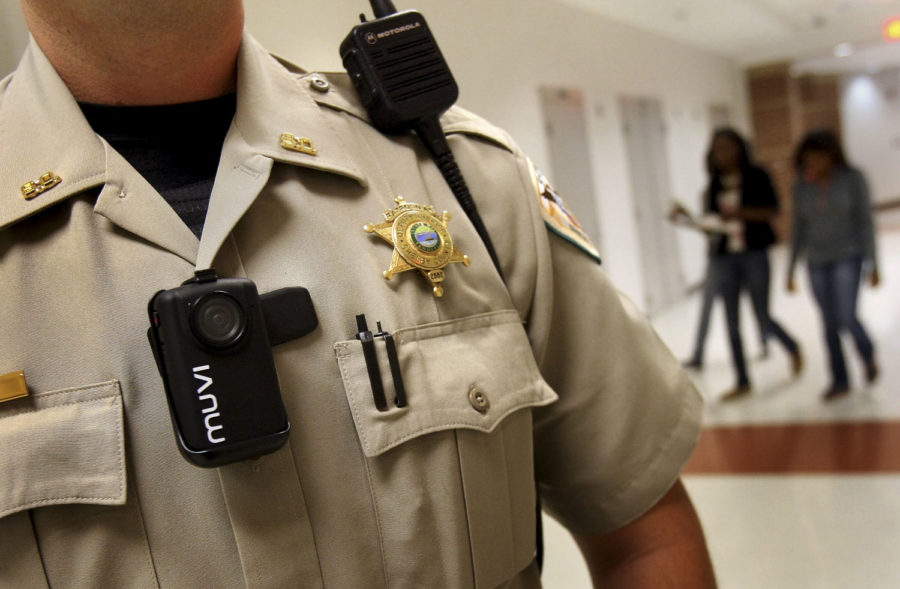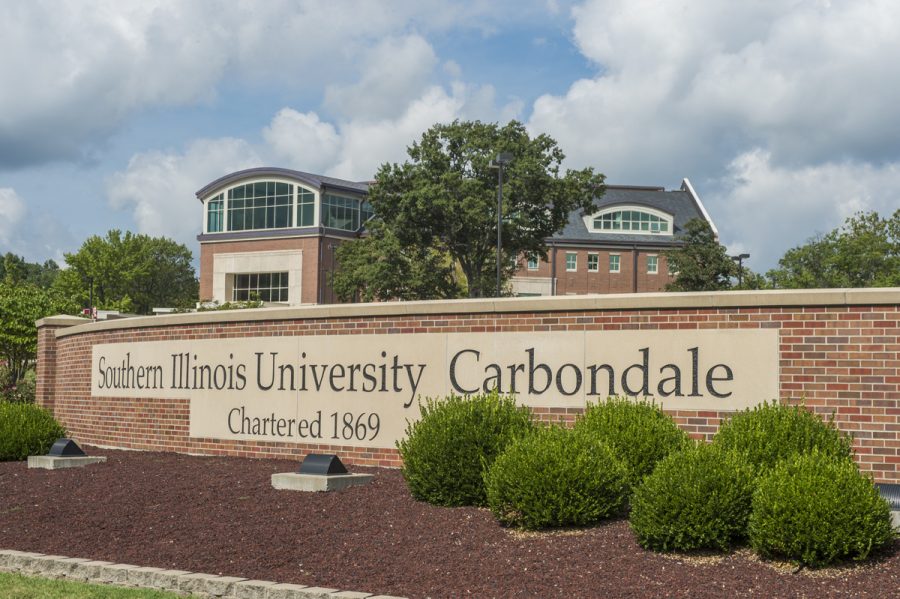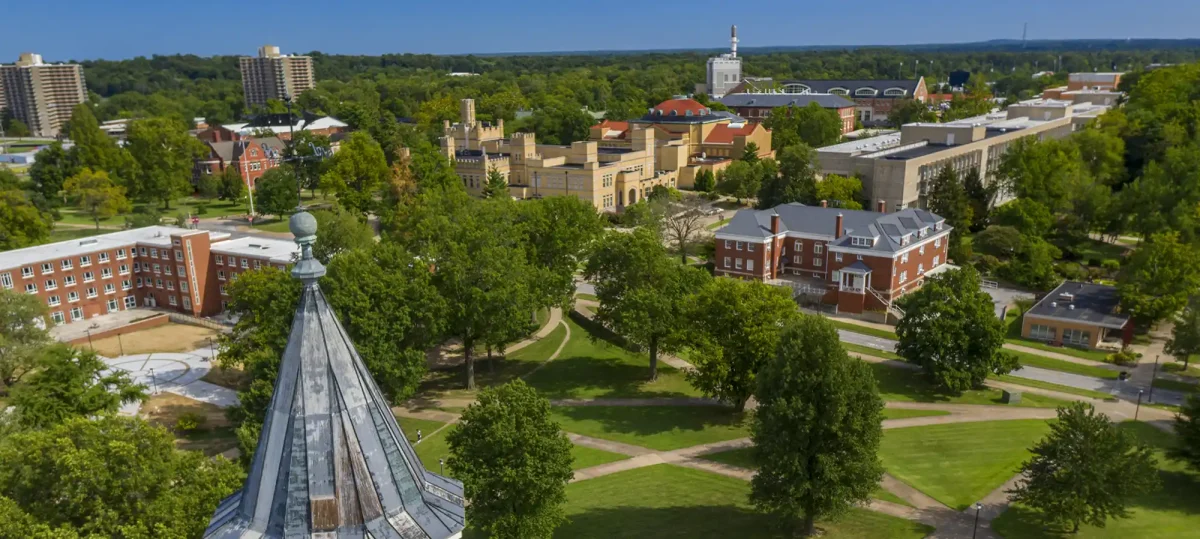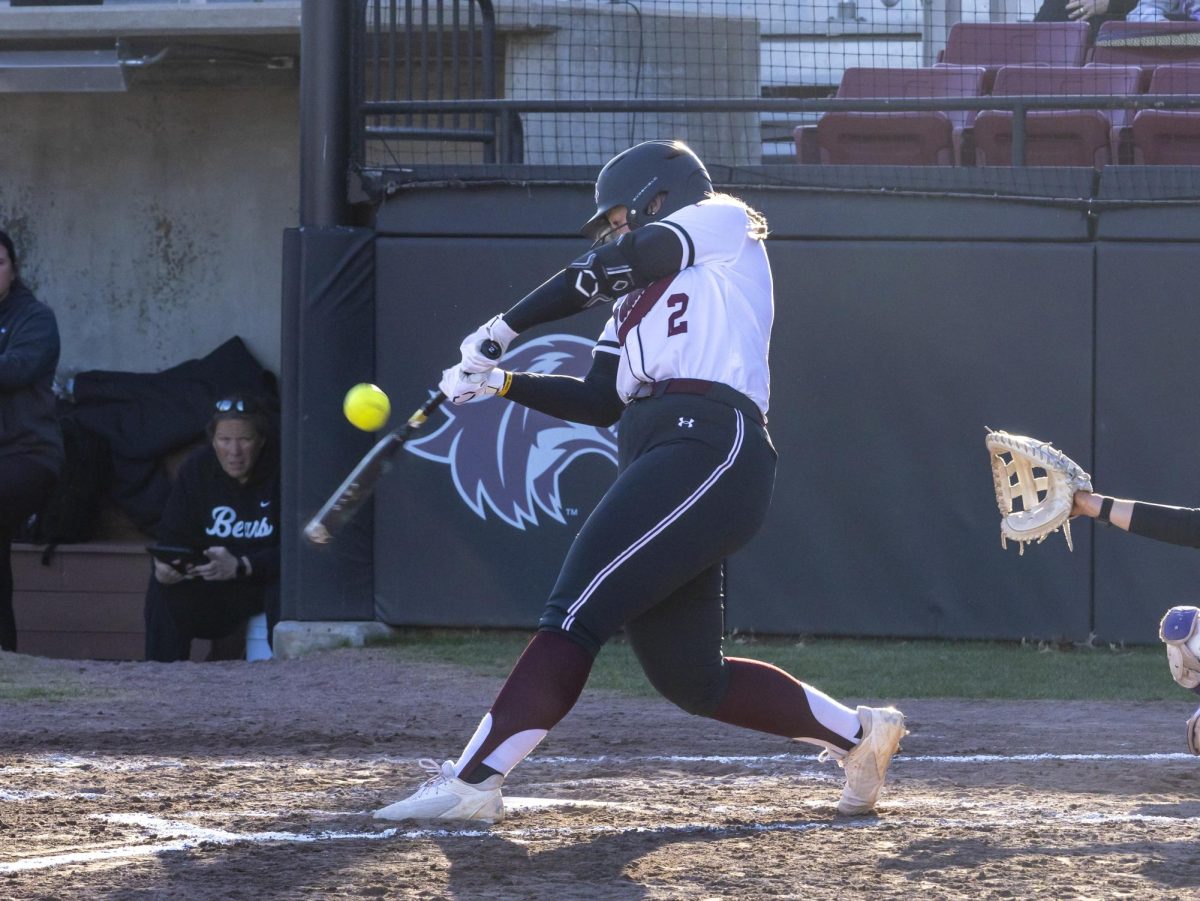Chicago police soon to wear more body cameras
April 11, 2016
The Chicago Police Department expects to receive a shipment of more than 450 body cameras, which will be worn by officers in some of the most gang-plagued areas of the city in addition to the department’s top brass starting this spring, city officials announced Sunday.
After being trained, officers and supervisors in seven of the department’s 22 police districts will be equipped with body cameras capable of recording 72 continuous hours of high-definition video and audio on a single charge.
The new cameras, part of a city pilot program, began in January 2015 in the Shakespeare District, which covers the Logan Square and West Town communities on the North and Northwest sides. The six new police districts, which encompass one-third of the city, cover the South Shore, Auburn Gresham, Chatham, Washington Park, Hyde Park, Kenwood, Back of the Yards, Brighton Park, Bridgeport, Austin, North Lawndale and Little Village communities.
Advertisement
“Body cameras are one tool that the police department uses to serve and protect the people of Chicago,” interim Superintendent Eddie Johnson said in a statement. “They play an important role in not just fighting crime, but also in learning from actual encounters with the public. In addition to wearing a body camera myself, I’ve asked my command staff to wear one as well to demonstrate our commitment to rebuilding trust with the residents we’re sworn to serve.”
The department expects the new cameras to be online later this spring and rolling out to the six new districts throughout the summer as it overhauls its technology. Police officials hope to have video uploaded and stored at the end of each shift.
Johnson is expected to begin wearing a body camera while on patrol next week, and his command staff is expected to follow suit.
“With Interim Superintendent Eddie Johnson leading the police department in wearing one, body cameras represent an important step forward as the work of restoring trust and accountability in the department continues,” Mayor Rahm Emanuel said in a statement Sunday. “The police department will leverage this technology to fight crime, enhance transparency, and strengthen the fabric of trust that is vital between police and the community.”
The expanded body camera program comes at a time when surveillance is of the utmost priority for Chicago police as the department cracks down on officers who have not reported broken dashboard cameras, turned on microphones or uploaded footage from those cameras at the end of their shifts. The issue came to light in the case of 17-year-old Laquan McDonald, who was shot 16 times by an officer. Five responding police cars had dash cams, but the audio didn’t work on any of them.
Officer Jason Van Dyke was charged with first-degree murder in the teen’s death.
Dean Angelo, president of the Fraternal Order of Police Chicago Lodge 7, the union that represents rank-and-file officers, said the department has some concerns regarding the implementation of body cameras, such as possible infringement on private conversations between police officers.
Advertisement*
Since the pilot program began in the Shakespeare District, Angelo said there has also been a lot of confusion over how it would be conducted and for how long. Many union members who participated in the program thought they would wear cameras for a short time before the devices would be rotated to another district.
Angelo chalks up the confusion to a lack of communication between department leadership and the union.
“The rollout wasn’t coordinated as it should’ve been,” Angelo said. “We kind of hampered the process in the 14th (Shakespeare District). … The department jumped too soon.”
The union drafted a memorandum of understanding with the department prior to the pilot, which included quarterly meetings between CPD officials, participating officers and the union after the start of program’s first phase.
Angelo said regular meetings and other terms of the agreement haven’t been upheld by the department.
Union representatives are hoping to discuss the body camera program more with Johnson, who Emanuel appointed late last month, Angelo said.
“I don’t know if that’s something that the new regime is aware of,” Angelo said about the agreement. “We want to be involved in the discussion.”
Former Superintendent Garry McCarthy was one of the major proponents of the body camera initiative during his tenure as top cop, pointing to research that showed that citizen complaints dropped by as much as 80 percent for some police departments using body cameras.
On Sunday, the department said citizen complaints against police “drastically” dropped in the first phase of the pilot program, though no statistics were given.
While the union has its reservations, Angelo said that if police are provided with ample training, body cameras could provide more context to police situations.
“You’re going to come away amazed at the compassion and professionalism of officers and the way they perform,” Angelo said. “Because you don’t hear about all those stories outside of the YouTube and cellphone videos [taken by bystanders]. You don’t see anything prior to someone getting tackled and forced into handcuffs. Let’s see the fighting and the lack of compliance and all of the back and forth before the shot leaves the policeman’s gun.”
The program is expected to be funded with a $1.1 million grant from the U.S. Department of Justice and $1.1 million in matching funds from the city. The Chicago Police Department also has applied for state grants to assist with camera purchases, storage, maintenance, upload stations and other program-related costs.
___
(c)2016 the Chicago Tribune
Visit the Chicago Tribune at www.chicagotribune.com
Distributed by Tribune Content Agency, LLC.
Advertisement










